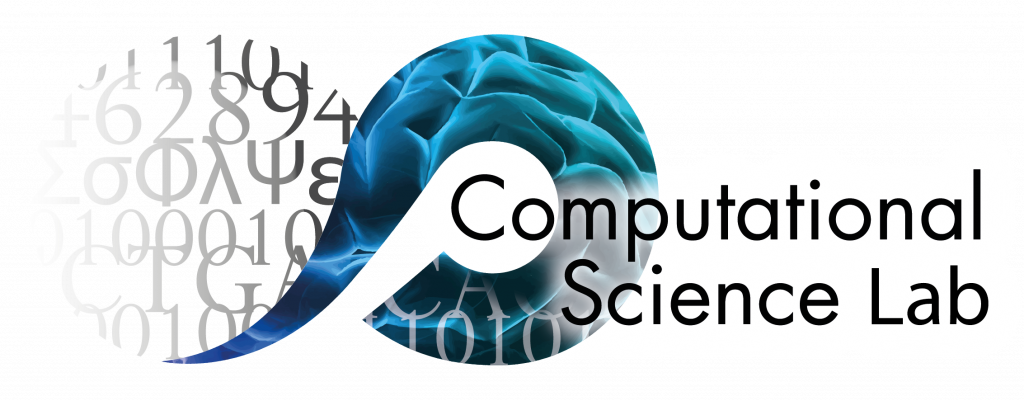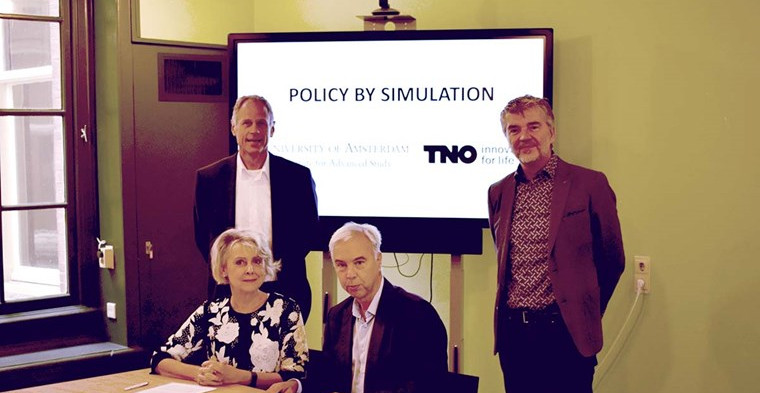On 29 August 2018, the University of Amsterdam and TNO signed a Letter of Intent to establish a new partnership: “Policy by Simulation”. They join forces to get a better understanding of complex phenomena, and create innovations for various pressing problems (among which energy transition, public health and crime). Multiscale modelling of complex systems forms the core of the collaboration.
“We must learn how to deal with the dynamics of an increasingly complex, interconnected and rapidly changing world. To get a grip on the challenges that we are facing, we need to understand what kind of interventions will produce what type of outcome in complex adaptive systems. This requires an ‘holistic’ scientific approach,” says Peter Sloot, Scientific Director of the UvA Institute for Advanced Study (IAS). He adds: “and if we want to bring this new knowledge one step further, towards actual implementation, we need not only a combination of basic and applied research, but also strong collaboration with partners from industry and government.”
Peter Werkhoven, Corporate Science Director of TNO: “one of the specific issues that we will delve into is predicting the effect of policy measures, technology development and new business models in several domains. Nowadays, the abundance of data in combination with smart algorithms can already help us a lot in finding patterns. In addition, we need computational models that will help us to understand causal relations and predict the behaviour of systems. That is absolutely crucial in order to create innovations that are effective and sustainable.”
TNO and UvA IAS will bring together a team of researchers with complementary backgrounds and skills to work on this new initiative. The collaboration “Policy by Simulation” will focus on multiscale modelling of complex systems in various application areas: health, crime, energy transition, circular economy, smart structures, cities & mobility.

